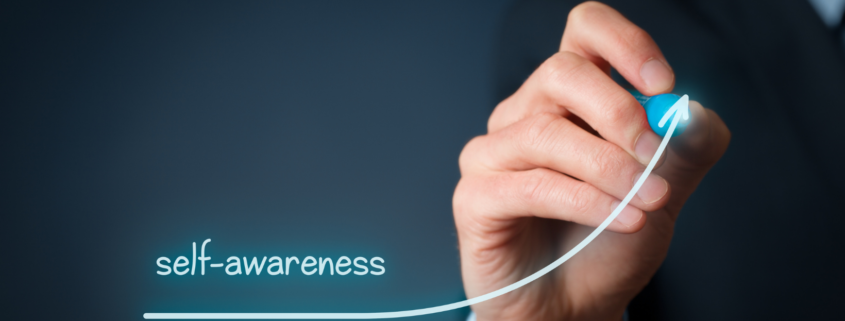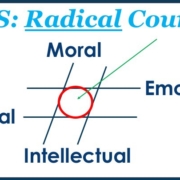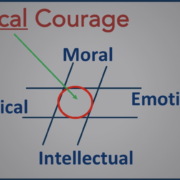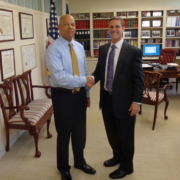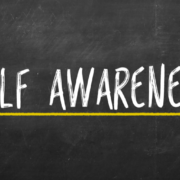Boosting your self-awareness
He lacks self-awareness! She’s totally un-self-aware. Leaders need more self-awareness.
Have you heard descriptions like these at work? If you are like most people, you get the importance of self-awareness, but you have few tools to put it into practice. If you’d like to improve your self-awareness, you’ll want to read on.
What’s the big deal about self-awareness? According to Tasha Eurich, author of Insight, self-aware people tend to be happier, have better relationships, and be more effective leaders. Who doesn’t want that?
Self-awareness might seem like a new management buzzword, but the idea has been around since the ancient Greeks. Travelers to see the oracle at Delphi saw the words “Know Thyself and Seek Mortal Thoughts” as they made their way to the temple.
Know Thyself means your purpose, motivations, values, natural talents, and blindspots; Seek Mortal Thoughts implores you to be humble and avoid what the ancients called hubris or overweening pride. Ancient Greek literature is full of cautionary tales of pride preceding faceplant.
How, exactly, can you know yourself? The earlier discussions of purpose, of course, are vital for self-awareness. You also need to know your natural talents and values. Here are two tools to help you.
First, get to know your PROM Archetype®, which helps you identify your natural talents. PROM stands for Pioneers, Operators, Reconcilers, and Mavericks, which denotes how people contribute when in their zone of genius. I developed a quiz that you can use to determine your PROM Archetype®.
Next, pinpoint the values that are most important to you. I based this quiz on the four cardinal virtues of ancient Greece and Rome: Wisdom, Courage, Justice, and Moderation. Based on your responses, you get a list of supporting values.
Internal self-awareness, as Eurch points out, is not enough. You also need external self-awareness. I like to break down the latter into knowing how others see you and what others need from you (I’m indebted to Lisa Larter for helping me with this formulation).

Knowing how others see you helps you learn if your actions and behaviors are consistent with your sense of yourself. Let’s say you view your purpose as a spouse or parent as a top priority and encourage others to do the same, but you spend late nights at the office, which prompts your employees to stay after hours, too. They are likely to see your family-time emphasis as empty and hypocritical.
In this case, you can do what Secretary of Defense Robert Gates did: leave the office daily at 5:30 pm. Take some work home if you need to. When you leave the office at a reasonable time, so will your employees.
Combining knowing yourself and how others see you creates authenticity.
Knowing what others need from you helps you to use your talents to inspire others to be their best. You might be upset that your child’s team lost the game, for example, but what the kids need from you now is to model resilience and grace. When you do, your actions are aligned with your purpose of helping young athletes become good adults.
You have integrity when you know yourself and what others need from you. Knowing how others see you and what they need from you shows empathy.
Do you want to discuss your self-awareness or your PROM Archetype® results? Schedule a call with me or send me an email.
